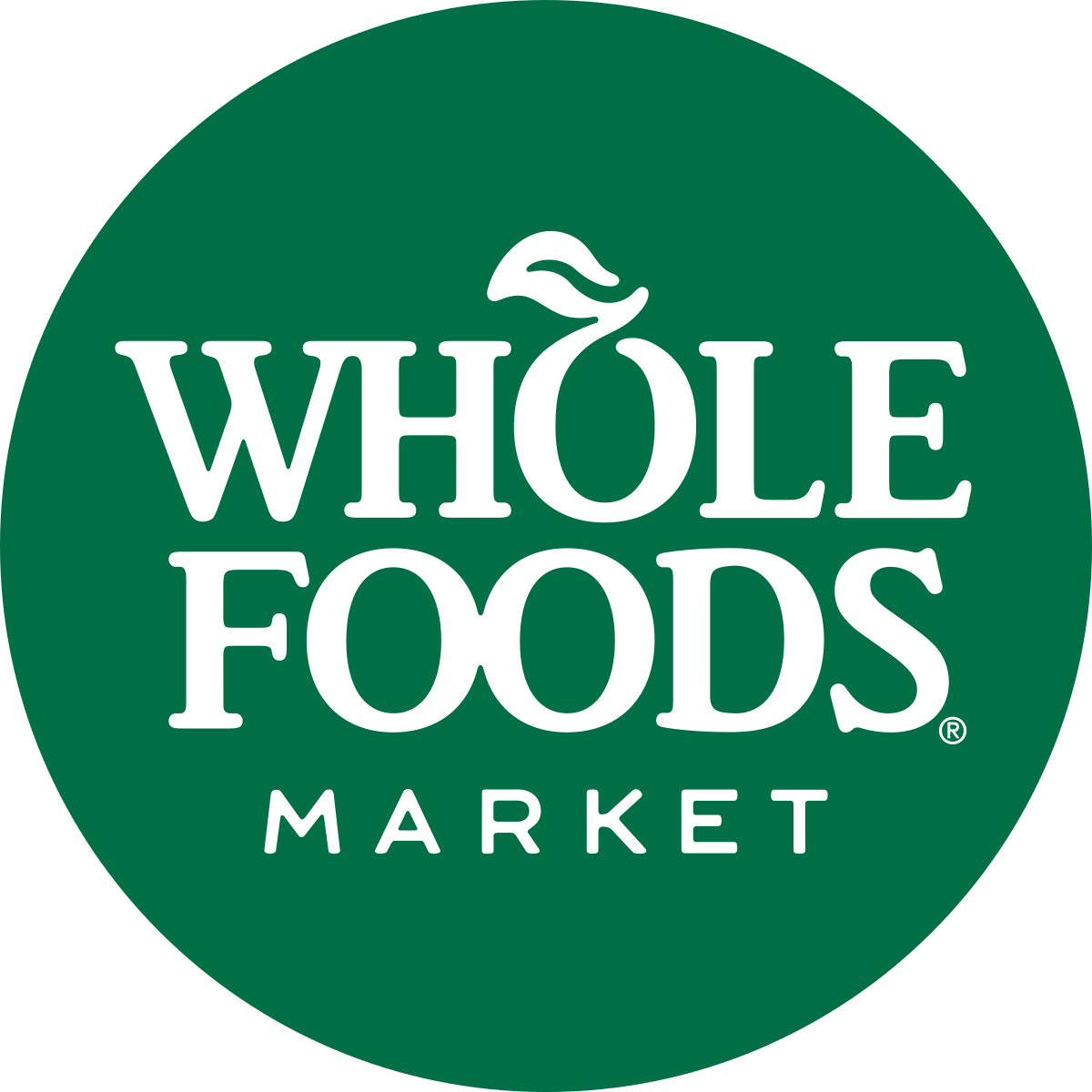In recent years, the grocery industry has experienced a significant shift towards healthier and more sustainable food options. One company that has played a pivotal role in this transformation is Whole Foods Market.
With its commitment to providing high-quality natural and organic products, Whole Foods has revolutionized the way people shop for groceries. In this article, we will explore Whole Foods’ mission and values, its rapid growth and success, as well as analyze its competitors in the market.
Whole Foods’ Mission and Values
Whole Foods Market, founded in 1980, is driven by a clear mission: to provide customers with the highest quality natural and organic foods. They pride themselves on offering products free from artificial additives, preservatives, and hydrogenated fats.
Whole Foods Market’s commitment to sourcing sustainable goods resonates with health-conscious consumers who prioritize their well-being and the environment.
This dedication extends to supporting local farmers and fair trade principles. By selecting suppliers who adhere to ethical standards, Whole Foods Market ensures that their products align with their values.
Furthermore, they actively work towards reducing their carbon footprint by using environmentally friendly packaging solutions and encouraging customers to bring reusable bags.
In summary, Whole Foods Market’s mission is to offer premium natural and organic products while promoting sustainability. Their commitment to ethical sourcing and environmental responsibility has made them a trusted choice for consumers seeking high-quality options that align with their values.
Rapid growth and success
Whole Foods Market has experienced astounding success and rapid growth since its inception as a small grocery store in Austin, Texas. It has evolved into a global brand with numerous locations across North America and the United Kingdom.
The company’s consistent revenue growth has attracted investors seeking opportunities in the thriving market of healthier food options.
Despite fierce competition, Whole Foods’ commitment to quality, immersive shopping experiences, strategic acquisitions, and strong brand reputation have contributed to its continued success and position as a leader in the natural and organic grocery sector.
Traditional grocery stores
Traditional grocery stores like Walmart, Kroger, and Safeway have recognized the changing needs of consumers and implemented strategies to stay competitive.
Walmart has expanded its selection of organic products, offering competitive prices to attract health-conscious shoppers and pose a threat to Whole Foods’ customer base.
Kroger focuses on supporting local farmers and sourcing fresh produce, appealing to customers who value community connections and sustainability.
Safeway’s loyalty program offers discounts and personalized deals, helping retain existing customers while attracting cost-conscious shoppers.
These traditional grocery stores are adapting to meet consumer demands for healthier options, local sourcing, and cost-effective solutions in an evolving market.
Natural and Organic Specialty Stores
Specialty stores dedicated to natural and organic products offer a unique shopping experience for health-conscious consumers. Sprouts Farmers Market positions itself as an affordable alternative to Whole Foods, providing a wide range of competitively priced natural and organic options.
Trader Joe’s stands out with its curated selection of specialty products and adventurous shopping experience. These stores cater to budget-conscious shoppers who prioritize their health without compromising their budget.
They contribute to the ever-evolving landscape of the grocery industry by offering high-quality alternatives to traditional options.
Traditional Grocery Stores
Traditional grocery stores have an established customer base and extensive distribution networks, which give them strong bargaining power with suppliers. However, they face weaknesses such as limited focus on natural and organic products, a perception of lower quality compared to specialty stores, and lack of a distinct brand identity.
Opportunities for traditional grocery stores include the increasing demand for healthier food options and leveraging existing infrastructure for expansion into the natural and organic market segment.
They also face threats from intense competition with specialty stores and online retailers, as well as potential negative impacts on profit margins due to price wars.
Natural and Organic Specialty Stores
Natural and organic specialty stores are known for their strong commitment to sustainability, ethical sourcing, and catering to specific dietary needs. These stores offer a curated selection of high-quality products that align with their values.
One strength of these stores is their dedication to sustainability and ethical sourcing. They carefully select products from suppliers who follow responsible farming practices and support fair trade initiatives.
Another strength is their focus on providing a curated selection of high-quality natural and organic products. Unlike traditional grocery stores, they prioritize quality over quantity within this segment.
However, natural and organic specialty stores face challenges such as higher prices compared to traditional grocery stores due to stricter sourcing standards. Additionally, they have limited reach and distribution networks compared to larger supermarket chains.
Despite these challenges, there are opportunities for growth in the market. The demand for natural and organic products is increasing as consumers become more conscious of their environmental impact and seek healthier options. Expanding offerings into new markets can help capture this growing demand.
However, competition from traditional grocery stores expanding their organic offerings poses a threat. These larger chains have established distribution networks and can offer competitive prices. Price sensitivity remains another challenge for specialty stores.
In summary, natural and organic specialty stores excel in sustainability, ethical sourcing, and offering high-quality products but face challenges with higher prices and limited reach. Expanding into new markets presents an opportunity for growth while competition from traditional retailers remains a threat.
Online Grocery Retailers
Online grocery retailers like Amazon Fresh pose opportunities and threats to Whole Foods and its competitors. While online shopping offers convenience and a broader customer base, it also presents challenges related to product quality, delivery logistics, and customer loyalty.
Ensuring product quality without physical inspection requires robust quality control processes. Delivery logistics demand careful planning and coordination to preserve the integrity of perishable goods. Building customer loyalty online requires personalized recommendations, responsive customer service, and seamless user interfaces.
Despite these challenges, Whole Foods can expand its reach by embracing e-commerce platforms and investing in robust online infrastructure. Adapting to the changing landscape while addressing challenges will allow Whole Foods to maintain its competitive edge in the market.
Quality Standards and Sourcing Practices
Whole Foods Market upholds rigorous quality standards and sourcing practices to ensure the authenticity and integrity of its products. The company partners with suppliers who share their commitment to sustainability, fair trade, animal welfare, and organic farming.
By prioritizing these values, Whole Foods provides customers with eco-conscious choices while supporting responsible agriculture, fair wages for farmers and workers, humane treatment of animals, and access to high-quality organic products.
These practices set Whole Foods apart from traditional grocery stores and contribute to a better world for consumers and producers alike.
[lyte id=’vhE0OlzFqas’]







